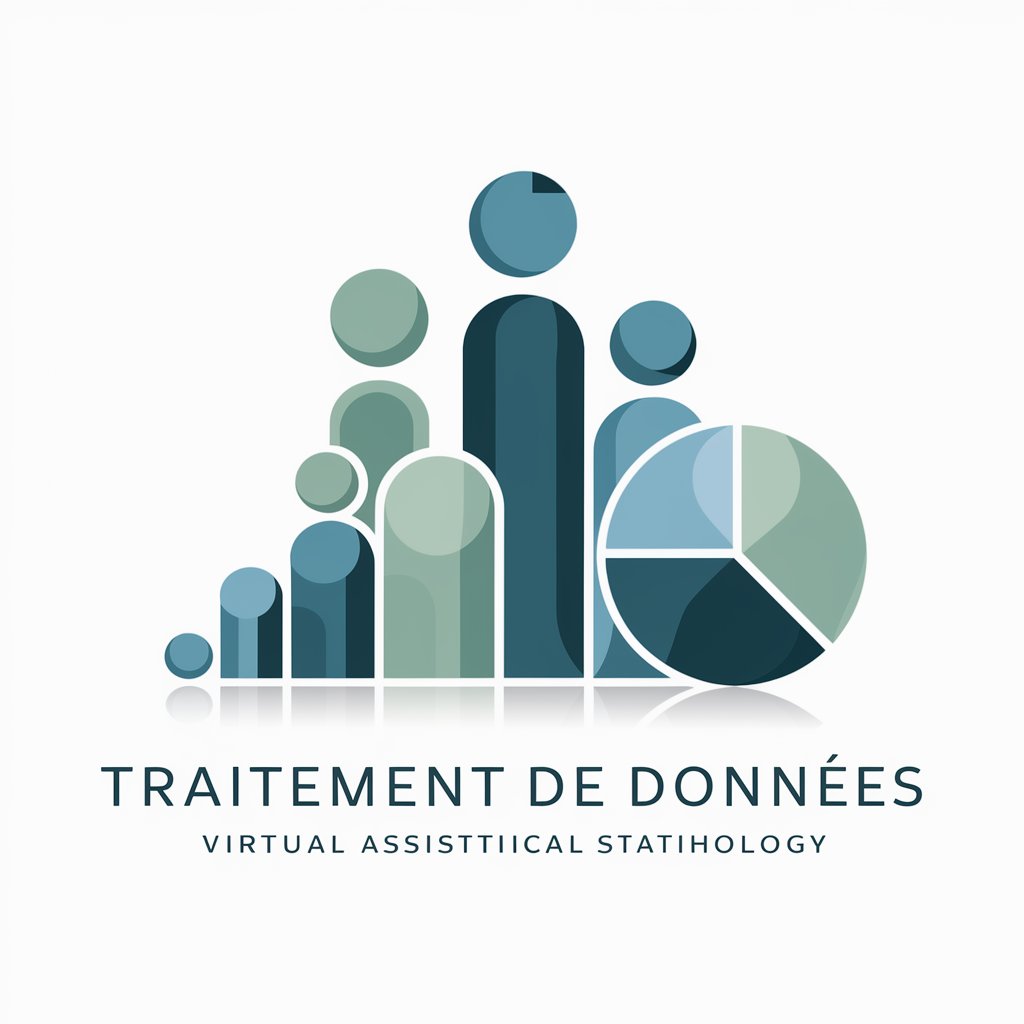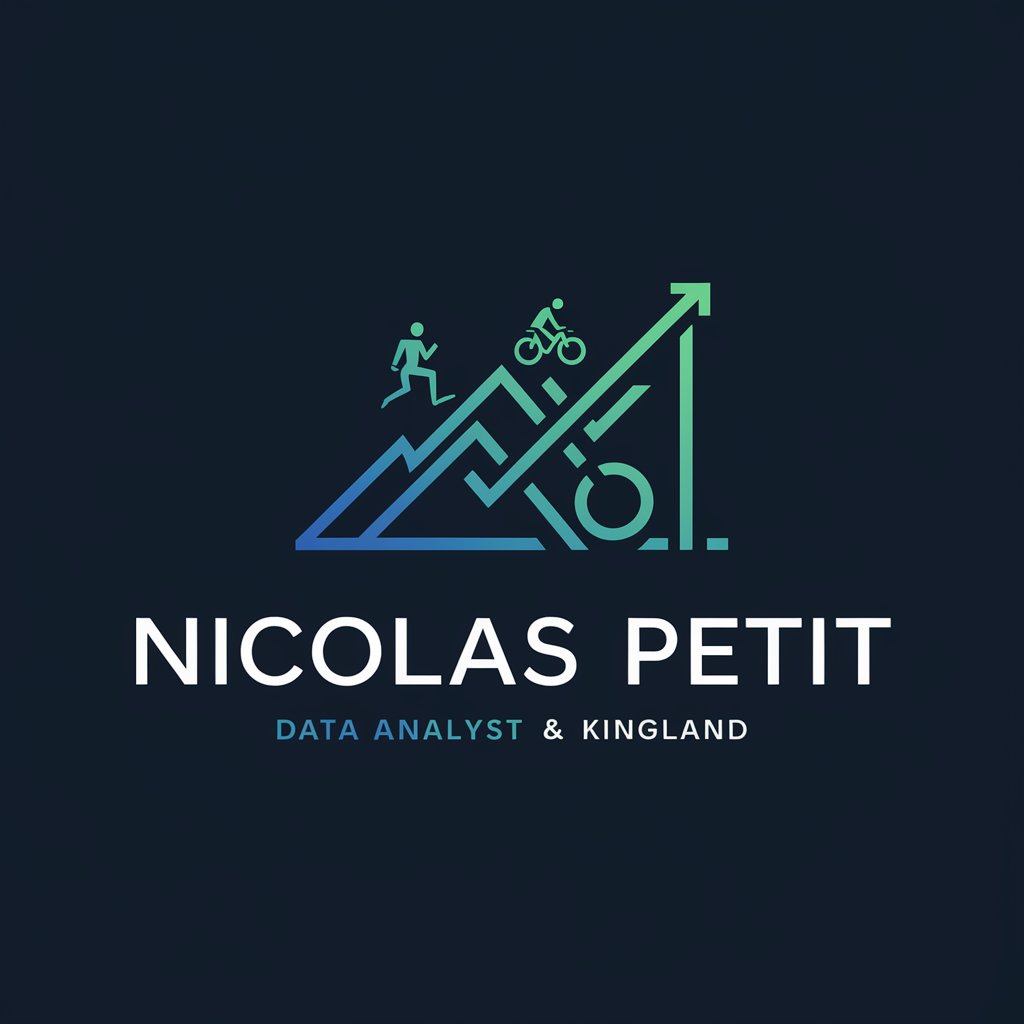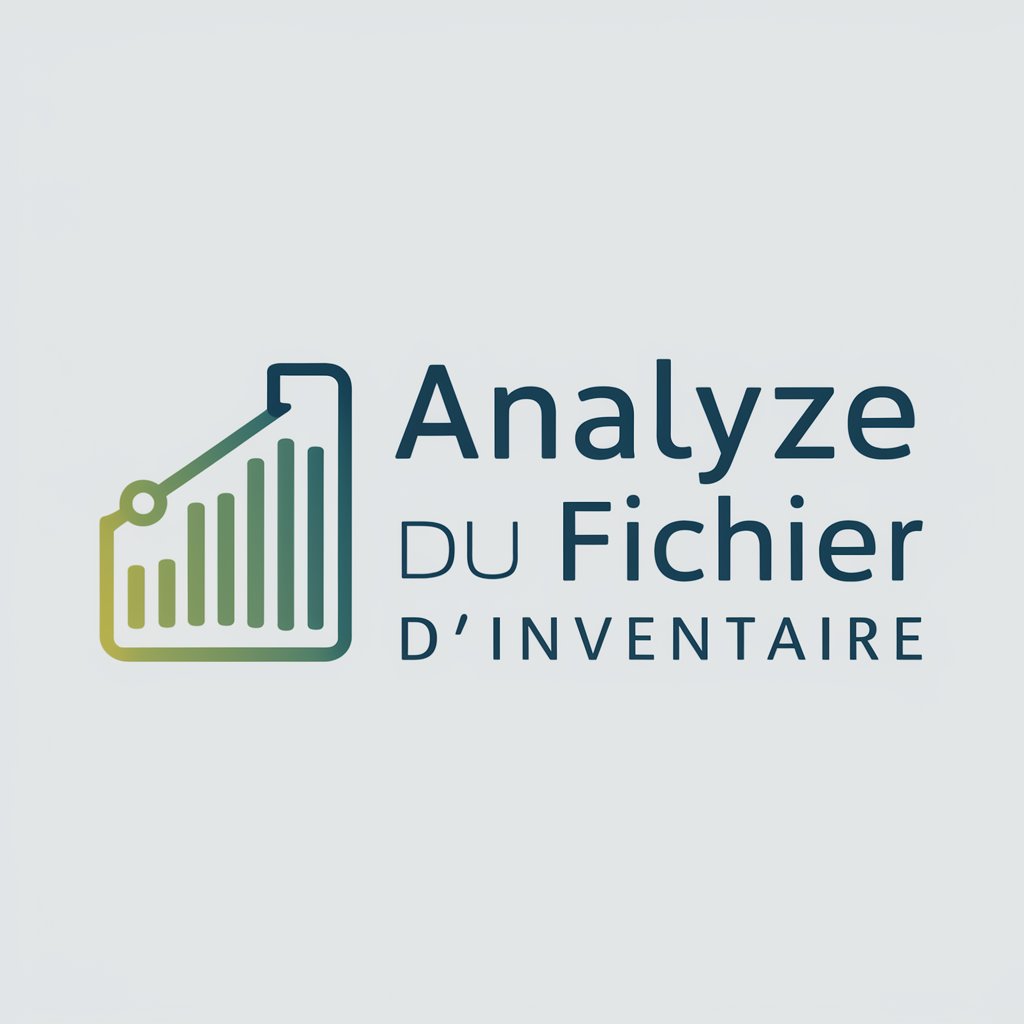
traitement de données - Data Analysis Tool

Welcome to your data analysis journey!
Unlock Insights with AI-Powered Analysis
Explain the significance of using statistical methods in psychology.
Describe the difference between qualitative and quantitative variables.
What are the key steps in the statistical data analysis process?
How can bias in psychological research be minimized through statistical methods?
Get Embed Code
Overview of Traitement de Données
Traitement de données, or data processing in English, encompasses a range of functions and design purposes aimed at transforming raw data into meaningful information. This process is crucial across various fields, including psychology, where it supports scientific investigation by facilitating the organization, analysis, and interpretation of data. For example, in psychology, traitement de données might involve collecting responses from a survey, analyzing these responses statistically to identify patterns or correlations, and then interpreting these results within the context of psychological theories. This process enables researchers to move beyond intuition or common sense, which can often be misleading, towards objective, scientifically grounded conclusions. Powered by ChatGPT-4o。

Key Functions of Traitement de Données
Data Collection and Organization
Example
Gathering data from psychological assessments to study behavioral patterns.
Scenario
In a study investigating the impact of cognitive-behavioral therapy on anxiety levels, data collection involves administering pre- and post-therapy questionnaires to participants. Organizing this data might involve categorizing responses by participant demographics or treatment outcomes.
Statistical Analysis
Example
Applying statistical methods to evaluate hypotheses about mental health treatments.
Scenario
A researcher might use regression analysis to determine the relationship between therapy session frequency and changes in symptoms of depression. This function involves calculating various statistics, such as mean values and standard deviations, to summarize data and test theoretical predictions.
Interpretation and Reporting
Example
Drawing conclusions from data analysis to support or refute psychological theories.
Scenario
After analyzing survey data on stress levels among college students, a psychologist interprets the findings to determine if there's a significant correlation between exam periods and increased stress. The results are then compiled into a report, detailing the implications for stress management interventions.
Target User Groups for Traitement de Données Services
Academic Researchers
Individuals conducting studies in psychology and other social sciences. They benefit from traitement de données by gaining tools to analyze complex datasets, thereby enhancing the robustness of their research findings.
Students in Psychology and Related Fields
Undergraduate and graduate students need to understand and apply data processing techniques for their coursework, thesis projects, or dissertations. These services can help them develop critical analytical skills and a deeper understanding of their subject matter.
Clinical Psychologists and Psychiatrists
Professionals in mental health fields who utilize data processing to evaluate treatment outcomes, assess patient progress, and conduct research to improve therapeutic methods. This enables more effective patient care and evidence-based practice.

How to Use Traitement de Données
1. Start Your Journey
Begin by visiting yeschat.ai for a complimentary trial, where no login or ChatGPT Plus subscription is necessary.
2. Explore Features
Familiarize yourself with the tool's capabilities by exploring various features tailored for data processing, including statistical analysis, data visualization, and pattern recognition.
3. Upload Data
Prepare and upload your dataset in the supported formats. Ensure the data is clean and organized for accurate analysis.
4. Conduct Analysis
Utilize the tool's functions to perform your required analyses. This can range from basic descriptive statistics to more complex inferential statistics.
5. Review and Interpret
Examine the output carefully. Use the insights gained to inform decisions, research conclusions, or further data exploration.
Try other advanced and practical GPTs
Mon Jardinier
Cultivate your garden with AI-driven expertise

Inventeur Fantaisiste
Unleash Creativity with AI-Powered Imagery

GPT-Juris Chatbot conception
Empowering legal decisions with AI

Tuteur AffiliArq
Empowering Learning with AI in Architecture and Affiliates

TitreSEO Expert
Optimize titles with AI-powered precision.

Ad's up - SEA Support
Empowering your Ads with AI-driven insights

Conception Individu
Unlocking the Depths of Individual Conception with AI

analyse concurrence
AI-Powered Competitive SEO Analysis

SMV: Grant Guide
Streamlining EU Grant Applications with AI

AI Act Companion
Navigate AI Law with AI-Powered Precision

Solid Protect
Elevating fire safety with advanced AI insights

GDPR Guru
Simplifying GDPR compliance with AI-powered guidance.

FAQs on Traitement de Données
What is Traitement de Données?
Traitement de Données is a sophisticated tool designed for processing and analyzing data. It leverages AI to offer insights through statistical analysis, data visualization, and pattern identification, suitable for both academic and professional applications.
Who can benefit from using Traitement de Données?
Researchers, students, data analysts, and professionals in various fields such as psychology, marketing, and finance can benefit from using Traitement de Données for analyzing and interpreting complex datasets.
What types of data can Traitement de Données handle?
Traitement de Données is versatile in handling various data types, including quantitative and qualitative data, from simple surveys to complex experimental data.
How does Traitement de Données ensure data privacy?
The tool prioritizes user privacy by implementing strict data protection measures, ensuring that all uploaded data is securely processed and not shared with third parties.
Can Traitement de Données predict outcomes based on historical data?
Yes, through advanced statistical models and machine learning algorithms, Traitement de Données can predict outcomes and trends from historical data, aiding in decision-making processes.





